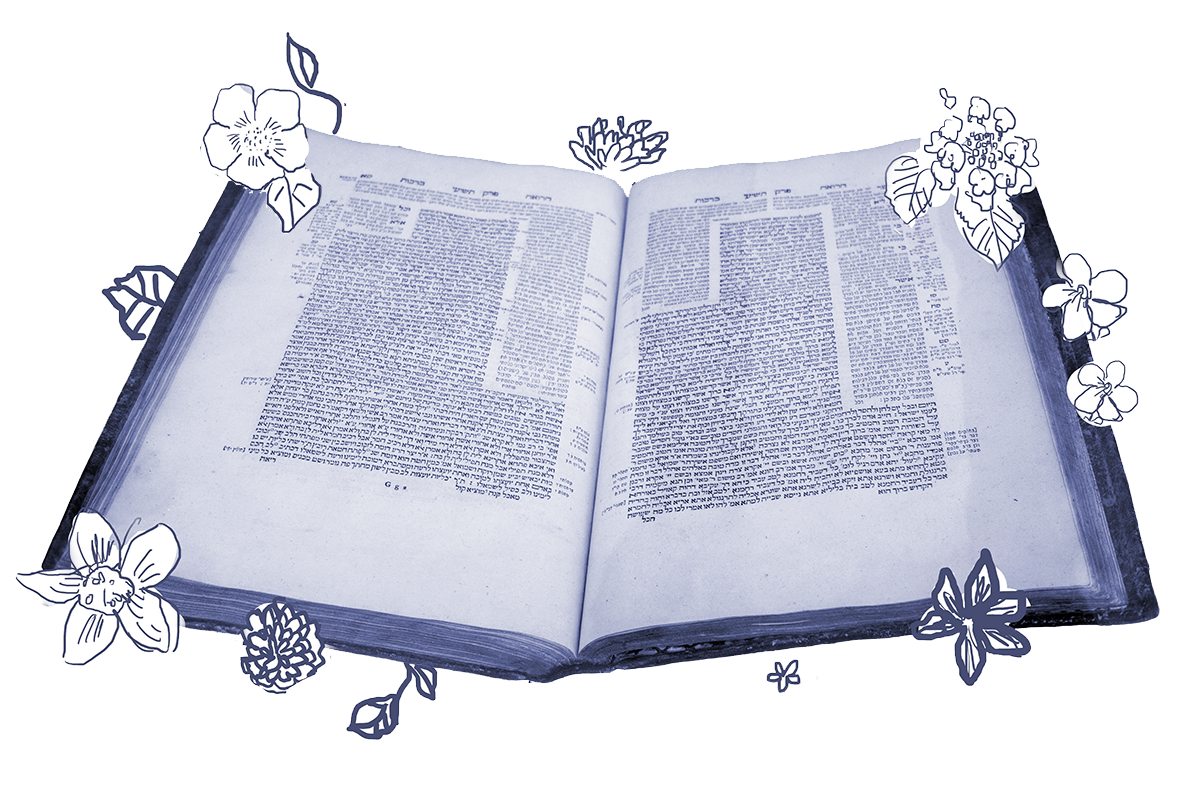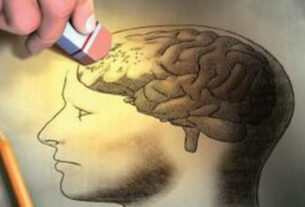Over the course of the last few pages, we’ve been discussing the particulars of when a nazirite must shave in response to contracting corpse immunity. On Nazir 49, we encountered a mishnah which taught that a nazirite must shave after coming into contact with a corpse or even certain quantities of fluid or dust from a corpse. A mishnah on Nazir 54 listed various ways in which a nazirite might become impure and require immersion in water and a temporary suspension of their period of naziriteship but is not required to shave.
On today’s daf, we encounter a mishnah that describes an important consequence of these distinctions.
Rabbi Eliezer said in the name of Rabbi Yehoshua: Any ritual impurity from a corpse for which a nazirite must shave, one is liable due to (the prohibition of) entering the Temple. And any impurity from a corpse for which a nazirite does not shave, one is not liable due to (the prohibition of) entering the Temple.
According to this mishnah, if a person contracts the kind of ritual impurity for which a nazirite must shave and then enter the Temple, they are liable for having violated the prohibition on entering the Temple in a state of impurity. But if a person contracts the kind of impurity that does not require a nazirite to shave and enters the Temple, they are not liable. OK, good to know.
One might at this point expect the Gemara to inquire into the biblical source for this rule or challenge the mishnah by bringing examples that suggest that this is not the case. Instead, the Gemara has a question about transmission:
Did Rabbi Eliezer learn this halakhah in the name of Rabbi Yehoshua But didn’t he learn it in the name of Rabbi Yehoshua bar Memel?
When the Talmud mentions a Rabbi Yehoshua with no further identifiers, it is talking about Yehoshua ben Hananya, a third-generation tanna who, along with Rabbi Eliezer, was a student of Yochanan ben Zakkai and lived in the generation after the destruction of the Temple. But the Gemara is suggesting that Rabbi Eliezer’s source was not his peer, but a much lesser-known sage, Yehoshua bar Memel, whose only appearance in the Talmud happens to be on today’s daf).
And what makes the Gemara think this? Well, it has a beraita that says so. The beraita recounts a time when Rabbi Eliezer bumps into Rabbi Meir who is discussing our mishnah with (just for fun) a third Rabbi Yehoshua, Yehoshua ben Petter Rosh, who also appears exclusively on today’s daf.
Rabbi Eliezer said to Rabbi Meir: Are you at all familiar with Rabbi Yehoshua bar Memel?
He said to me: Yes.
I continued: Rabbi Yehoshua bar Memel said this to me in the name of Rabbi Yehoshua ben Hananya.
According to the beraita, the teaching Rabbi Eliezer states in the mishnah did originate with Rabbi Yehoshua ben Hananya, but Rabbi Eliezer did not learn it directly from him. Rather, he learned it from Rabbi Yehoshua bar Memel who learned it from Rabbi Yehoshua ben Hananya.
But now we really have a problem. Although the mishnah cites the original source for the teaching, it does not cite Rabbi Eliezer’s personal source. As a result, the mishnah (or perhaps Rabbi Eliezer himself) appears to be running afoul of an important and oft-quoted rabbinic dictum that one who repeats a teaching in the name of the teacher from whom he didn’t learn it causes God’s presence to depart from Israel. But someone who repeats a teaching in the name of the rabbi who taught it brings redemption to the world. (Tractate Kallah 5:4)
Is it possible that the mishnah has caused God’s presence to depart from Israel? No need to worry. The Gemara has a ready solution:
Learn from this that any halakhah that was stated of three, we say the first and the last. We do not say the middle.
Early rabbinic teachings were passed down orally from teacher to student, sometimes for many generations. And while the rabbis believed that it was important to give credit to those from whom a tradition was received, they were also aware that as time went on, the record of transmission could become quite lengthy. So when this is the case, it’s fine to mention the original source and the person citing it, leaving out the steps in between. Which is precisely what the mishnah has done — citing Rabbi Eliezer and Rabbi Yehoshua ben Hananya but leaving out Rabbi Yehoshua ben Memel.
Too bad for Rabbi Yehoshua ben Memel. He may have been responsible for the transmission of a large corpus of teachings, just none of his own. As a result, his name was left out of the Talmud. That is, except on today’s daf.
Read all of Nazir 56 on Sefaria.
This piece originally appeared in a My Jewish Learning Daf Yomi email newsletter sent on March 20th, 2023. If you are interested in receiving the newsletter, sign up here.
The post Nazir 56 appeared first on My Jewish Learning.




